July 19, 2018
When it comes to change management, culture sometimes eats strategy for breakfast
 21st Century organisations are under constant pressure to evolve. They are beset by a number of forces that demand they change constantly. These include the need to restructure the organisation, adapt to new technologies, respond to competitors and changes in the economy and legislative environment. Inevitably, this constant need to change affects both people and the built environment in very profound ways. However, according to a study of Culture and Change Management published by the Katzenbach Center, only around half of all transformation initiatives meet their objects over time. Among the biggest obstacles to successful change management cited by the study is change fatigue, which is characterised by a lack of empathy and a widespread failure to engage with the change process.
21st Century organisations are under constant pressure to evolve. They are beset by a number of forces that demand they change constantly. These include the need to restructure the organisation, adapt to new technologies, respond to competitors and changes in the economy and legislative environment. Inevitably, this constant need to change affects both people and the built environment in very profound ways. However, according to a study of Culture and Change Management published by the Katzenbach Center, only around half of all transformation initiatives meet their objects over time. Among the biggest obstacles to successful change management cited by the study is change fatigue, which is characterised by a lack of empathy and a widespread failure to engage with the change process.








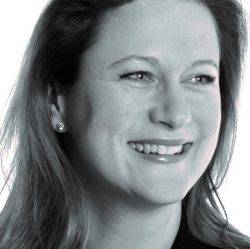
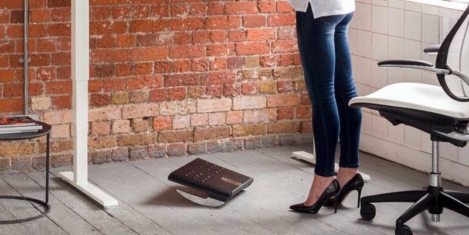
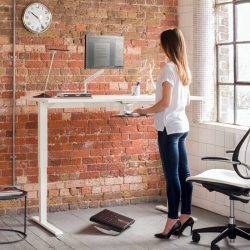








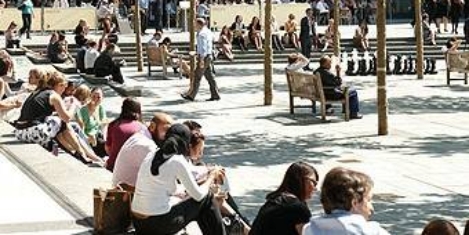
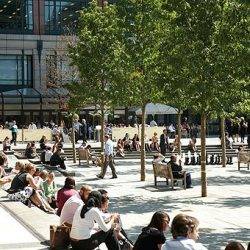
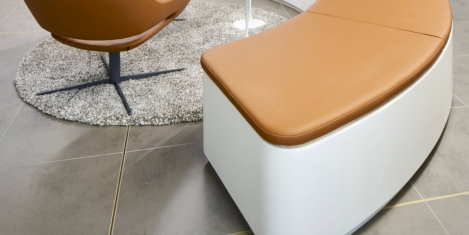
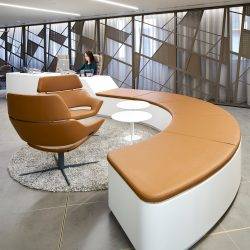










July 17, 2018
Video: Arthur C Clarke predicts remote and flexible working in 1964
by Mark Eltringham • Comment, Technology, Workplace, Workplace design
More →